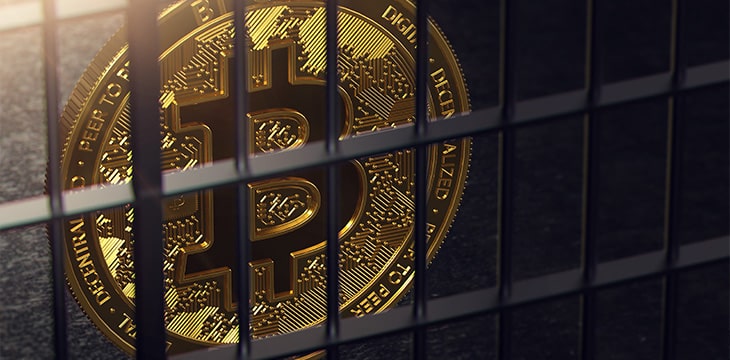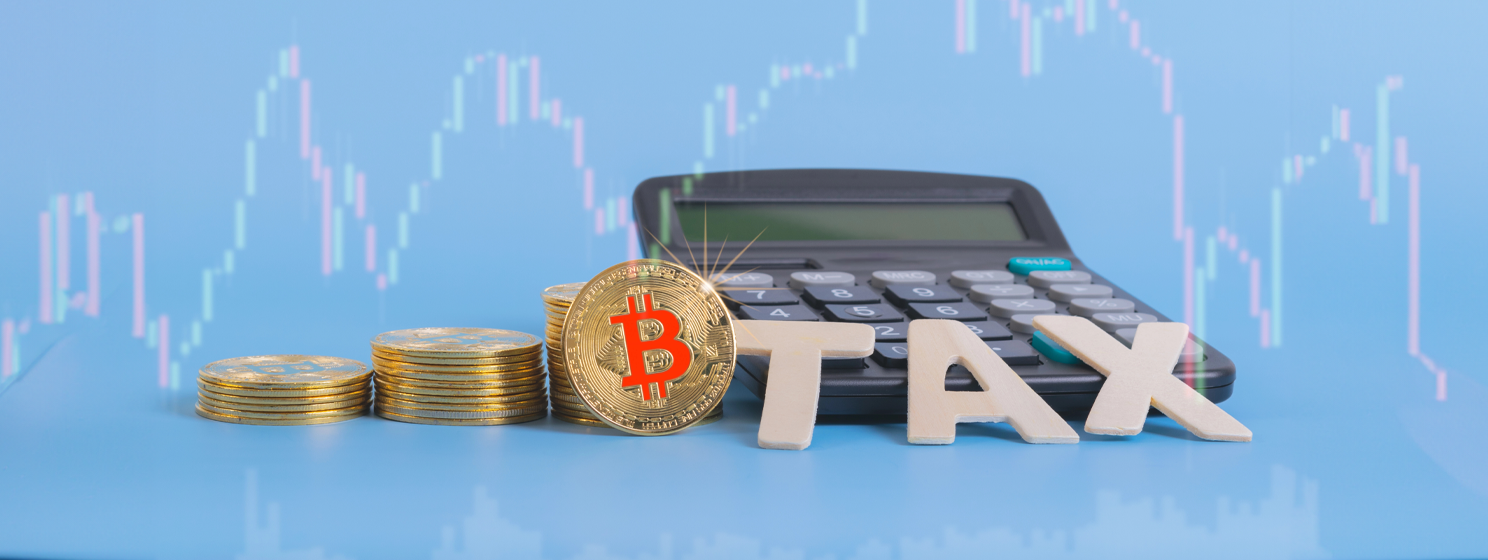|
Getting your Trinity Audio player ready...
|
The Monetary Authority of Singapore (MAS) has stated that it will introduce new regulations to the country’s digital asset industry, which it says will ensure uniformity and protect investors.
The city-state’s central bank made this known in a consultation paper released on Wednesday that came laden with several propositions. Top of the list for MAS is the removal of leverage or credit for retail investors as a means to limit the potential losses of investors.
The push for a ban on leveraged trading extends to trading via credit cards, citing other jurisdictions that have implemented the policy with varying degrees of success.
“The use of any form of credit or leverage in the trading of DPTs (digital payment tokens) would result in the magnification of losses and could cause the customer to lose more than the whole amount put in and more,” read the report.
Other recommendations by MAS in the consultation paper include banning virtual asset service providers from offering trading incentives like airdrops, free trading tokens, and the use of referral bonuses. Furthermore, the regulator is considering a blanket ban on lending retail clients’ virtual currencies to other investors.
“MAS proposes that DPTSPS [digital payment token service providers] should not mortgage, charge, pledge or hypothecate the retail customer’s DPTs,” the central bank said. “For non-retail customers, DPT service providers should provide a clear risk disclosure document and obtain the customer’s explicit consent.”
Stablecoins were given significant attention in the consultation paper with MAS proposing that they should be fully backed and “the reserve assets must be held with licensed banks” unless the stablecoin issuer is a bank in Singapore.
Regulations may slow down Singapore’s digital asset development
Digital asset firms in Singapore reacted to the consultation paper with gloom, with several service providers noting that the country is on the path of losing its attractiveness to global firms. Others decried the proposed framework as one that will “make it more difficult to hire the best crypto and tech talent.”
Despite the stiff stance of regulations, the issue of a blanket ban on virtual assets is not on the table for now. MAS notes in the consultation paper that such a ban will be an effort in futility because traders in the country will have the option of using virtual private networks (VPN) to access international virtual currency trading platforms.
Since the collapse of several Singaporean firms like Vauld, Hodlnaut, and Zipmex, regulators in the country have intensified their efforts to police the industry from erring firms and bad actors.
Watch: The BSV Global Blockchain Convention panel, The Future of Digital Asset Exchanges & Investment

 03-05-2026
03-05-2026 




